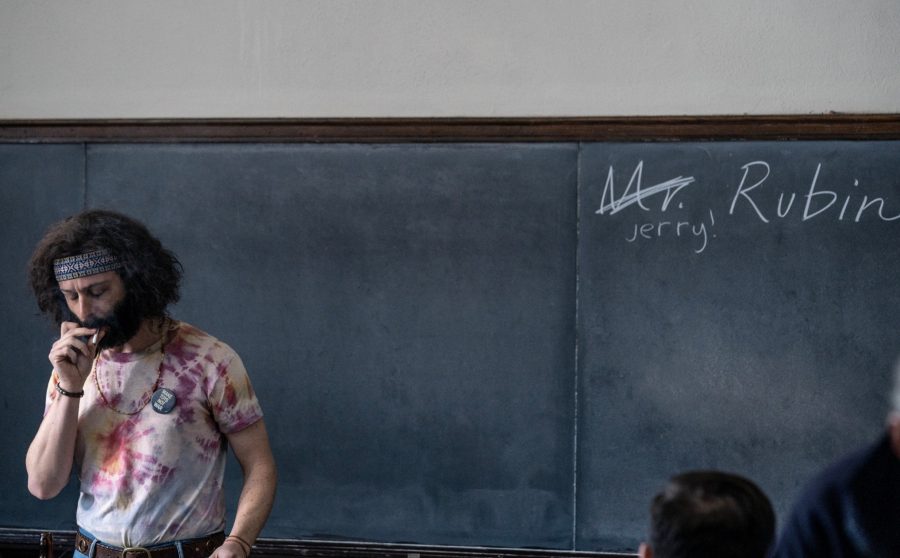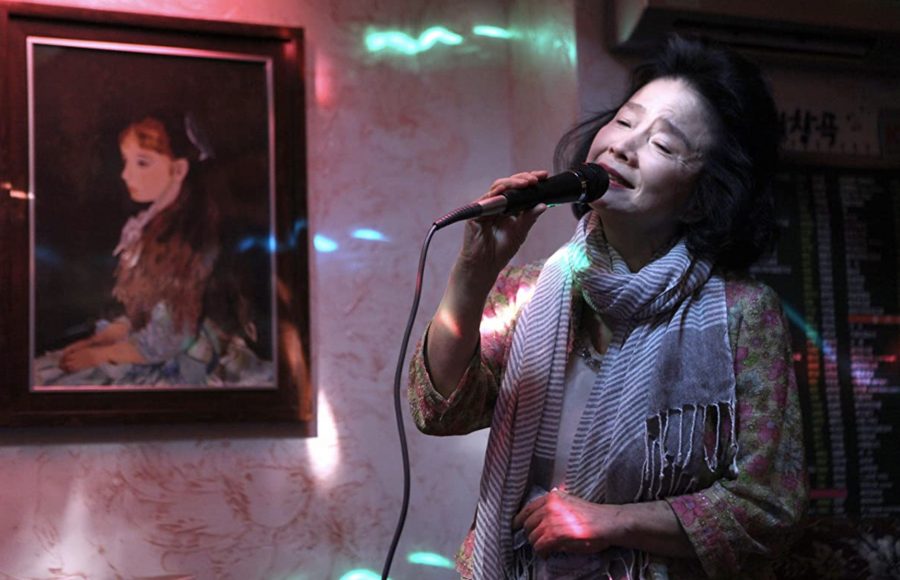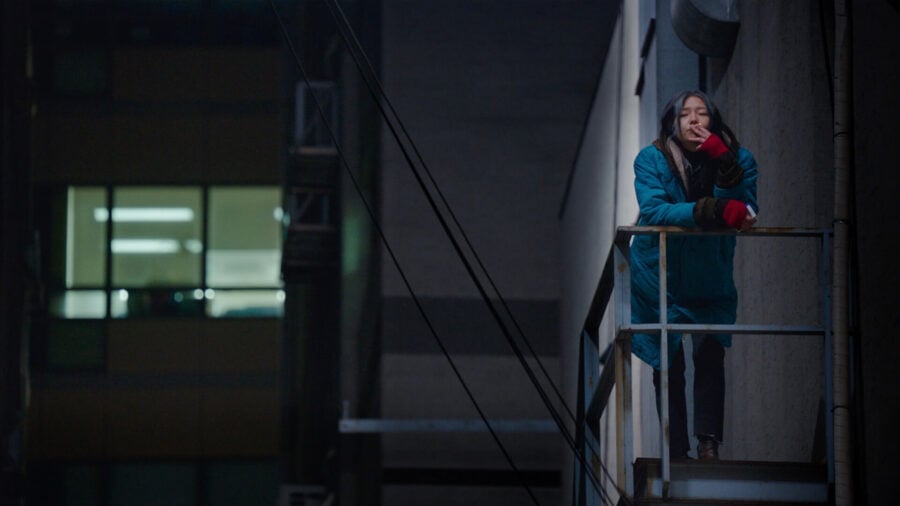Il Mare (2000)

The Very Best
8.3
The classic time-torn romance from South Korea
Movie
South Korea
Korean
Drama, Fantasy, Romance
2000
HYUN-SEUNG LEE, LEE HYEON-SEUNG
Cho Seung-yeon, Choe Yun-yeong, Hong So-yeong
96 min
TLDR
Alright, so who wants to have a love-letter romance with me while I live by the seaside? Just kidding. I’m not lonely. Totally.
What it's about
After moving from the Il Mare house, Eun-joo (Jun Ji-hyun) writes a letter to the next tenant to forward future mail to her new address. To her surprise, she receives a letter from the previous tenant Sung-hyun (Lee Jung-jae) from two years ago.
The take
While more people are familiar with its US adaptation, Il Mare is far more striking and emotionally resonant. The Korean romance, separated by timelines, depicts two lonely people who lived in the same seaside residence. They form a bond through the titular house’s mailbox, by sharing letters, voice recorders, and suggestions to deal with loneliness. As they receive each other’s messages, the film slowly reveals the reason for their loneliness– that they’ve been left behind. Matched with shots of creeping urbanization, migration, and the Y2K scare, Il Mare understands modern isolation, but it also underscores how solitude helps us connect with other people.
What stands out
While the US adaptation got many of the original plot points, it wasn’t able to translate the internal logic of the original Il Mare. Il Mare dedicates more time and frames towards connecting the lovers, rather than delving into their individual stories. In both films, the two bond through letters, but unlike the Lake House’s initial suspicion, Il Mare starts their discussion with an openness lonely people have with each other. They continue their letters not only because they’re lonely, but because they suggest to each other new ways to deal with loss. The love of Il Mare doesn’t just depend on opening letters, but also on empty seats where the other should have been, match cuts of them following each other’s suggestions, and stunning split-screen arc shots at the moment they realize their situation. Il Mare never loses sight of the shared loneliness that only gets soothed by the dynamic of its lovers.
Comments
Your name
Your comment
Your comment
UP NEXT
UP NEXT
UP NEXT
Curated by humans, not algorithms.

© 2025 agoodmovietowatch, all rights reserved.















